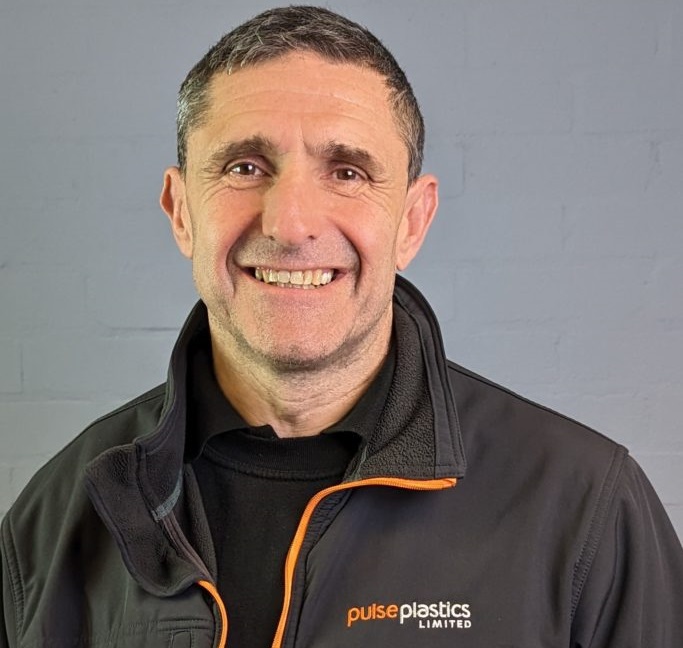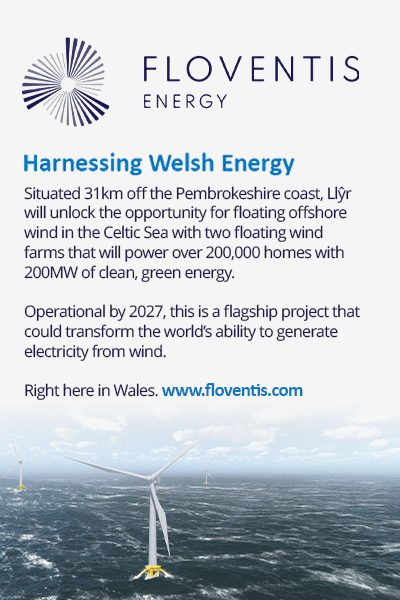
Written by:
Ian Cole
Operations Director
Pulse Plastics
__________________________________________________________________________________________________________________________
Over the past few years and particularly post covid, the UK has been witnessing an increasing urgency to tackle the growing issue of plastic waste, particularly in the healthcare sector.
Amidst the array of waste produced, one product that often goes unnoticed is unused medical items and significantly, aprons. These aprons are the result of inferior quality products that are purchased to supply the healthcare system but have stayed boxed and unused. The issue is now to harness these commodities and stop them being burnt or sent to landfill.
Medical aprons, typically made from a type of plastic called polyethylene (PE), are non-biodegradable in nature and can linger in our environment for hundreds of years, if not disposed of properly.
As a leading innovator in the plastic manufacturing industry, Pulse Plastics Limited have invested in the technology required to reprocess these unused aprons into reusable plastic, creating a second life for these otherwise discarded resources.
The process involves shredding the aprons into small pieces, heat treating the plastic and reforming it into pellets. These pellets can be used as raw materials for the production of a wide range of plastic goods, from packaging materials to garden furniture and more.
Once identified as unused items, the next step is the transportation into our specialised reprocessing facility. The medical aprons are then converted into high-quality reprocessed pellets. This plastic is then ready to be reintegrated into the manufacturing cycle.
Beyond the tangible benefits of waste reduction and resource conservation, this innovative approach can also create cost-savings for manufacturers who can source less expensive reprocessed plastic rather than new, virgin material.
Yet, despite the numerous benefits, implementing this solution on a wide scale requires a collaborative effort from government and healthcare institutions. Policies need to be put in place to incentivise and facilitate the reprocessing of medical products..
The transformation of unused medical aprons into new plastic products showcases a positive stride towards a circular economy model in healthcare in Wales. It illustrates how sustainability, innovation and healthcare can coexist and build a better, cleaner future.
However, the bigger picture for the healthcare system and government bodies is to insist on products being manufactured in single polymers.
The healthcare system has the buying power to influence this.
As a reprocessing company, Pulse Plastics Limited as like many other businesses in this arena, has the problem of mixed polymers, (items that are made from many component parts that have one piece made from Polypropylene – PP, one of Polyethylene – PE, PolyethyleneTerephthalate -PET, etc).
The ideal scenario is a manufactured, single polymer item that can be easily separated and collected for reprocessing. What adds value for companies and institutions looking to profit from the recycling of their products is the fact they are single polymers i.e. all components are made from either PP, PE, PET etc.
The difficulty at present, is the separation of the components and sorting the parts into appropriate sections, as cross contaminated material becomes very difficult to use (has very little value) and is either sent to countries that have the manpower to separate the parts, sent to landfill or burnt.
Adopting such practices requires a shift in mindset from seeing waste as a problem to viewing it as an opportunity. The healthcare sector being a significant waste contributor has the buying power to influence manufacturers and implement such practices that could have a profound impact on Wales’ journey towards sustainability.




